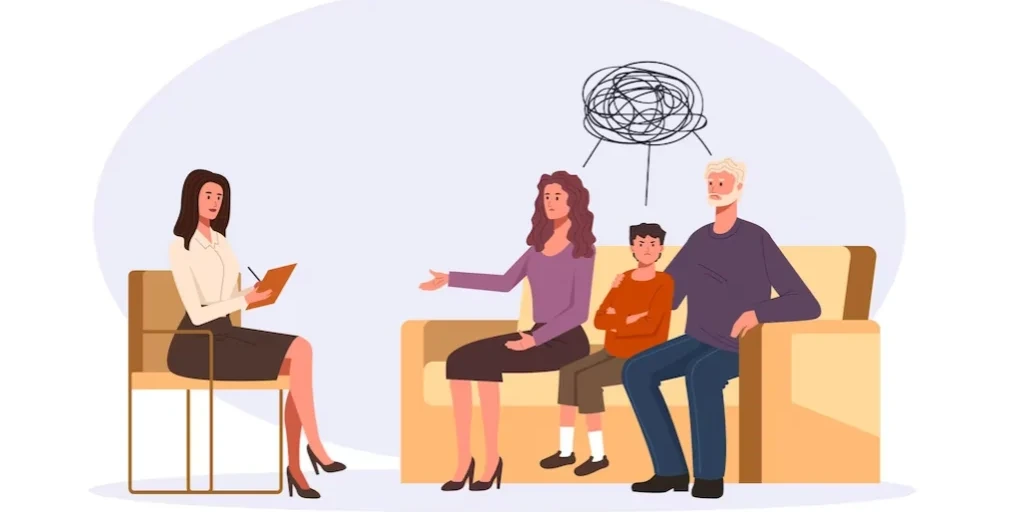dive deep into the compassionate world of rehabilitation, offering essential services to those grappling with addiction. These centers cater to a wide range of substance use disorders, including alcohol, opioids, stimulants, and other behavioral addictions such as gambling. The treatment approach primarily emphasizes group therapy, as it harnesses the power of community support, fostering connections that can be instrumental during recovery. Throughout their history, Group Therapy rehab centers in Slayton have made a substantial impact on transforming lives and battling the stigma surrounding addiction. Slayton, a picturesque area in Minnesota, has seen many individuals reclaim their lives through these therapeutic environments, reflecting a growing awareness of mental health and addiction treatment across the United States. The importance of these rehab centers cannot be overstated; they offer not just a path to recovery, but also a safe haven where individuals can share their stories, learn from one another, and cultivate resilience together. Together, their collective experiences stimulate healing, paving the way for sustainable recovery and increased hope for the future. Those considering their options are encouraged to explore the myriad benefits provided by Group Therapy rehab centers in Slayton.
Learn more about Group Therapy centers in Slayton











































































































